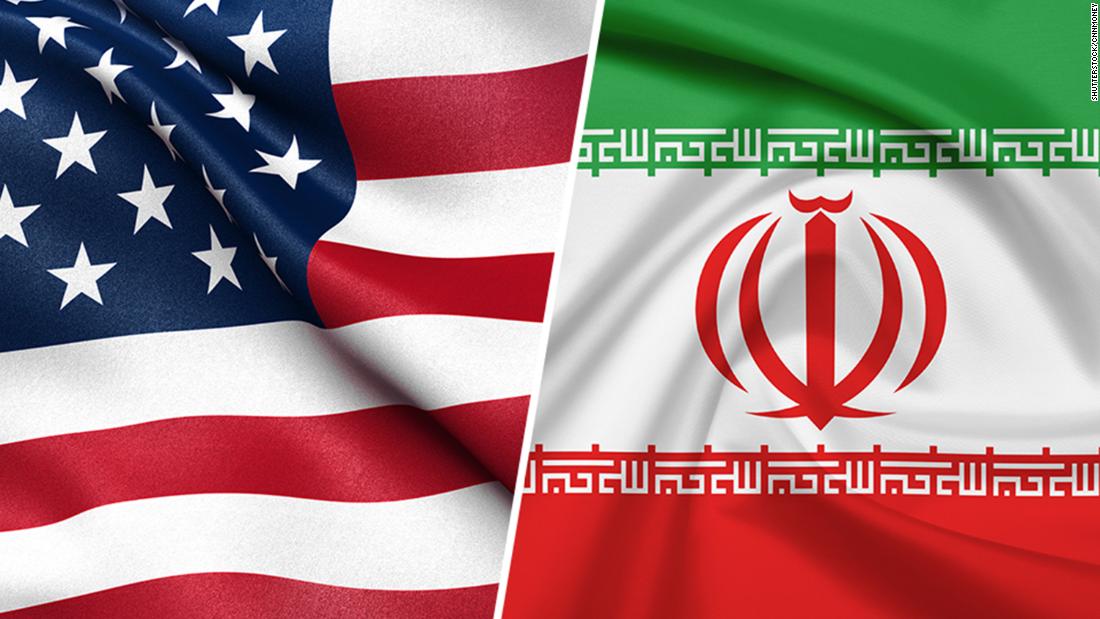Andrew Korybko |
US-Iranian relations are moving along a very negative trajectory, though it’s unlikely that they’ll devolve to the point of a war between the two Great Powers. Both states are capable of inflicting insufferable damage on the other in the event of formal military hostilities between them, and this is presumed to have a powerful role in keeping them each and check.
That said, asymmetrical actions can’t be discounted, such as in the case of the US supporting various terrorist organizations fighting against the Iranian state under the banner of regime change and/or separatism.
Kurdish groups are the most likely to be used in this event, but Iran’s decisive diplomatic-military intervention in aiding the Iraqi Army’s liberation operation against Kirkuk exposed the deep divide between the Kurds in what could have otherwise been their Iranian brethren’s “safe haven”.
Pakistani-Iranian relations are back on the upswing after reaching a low point in May following a transnational terrorist incident near their border, so the US has less of a chance to exploit this situation than they did before.
Tehran is exercising a certain degree of influence in Iraqi Kurdistan, particularly over the Gorran and Patriotic Union of Kurdistan opposition parties, and the embattled Kurdish Democratic Party ruling forces probably won’t want to pick a fight with Iran at this moment both because of their anger at the US’ “betrayal” of their cause and their more urgent priority to simply remain in power.
Read more:Did Russia just reduce the threat of Indian-backed terrorism against Pakistan?
Thus, the other asymmetrical move that the US could realistically unleash against Iran would be in backing Baloch terrorist groups, but here again, Washington runs into a problem. Pakistani-Iranian relations are back on the upswing after reaching a low point in May following a transnational terrorist incident near their border, so the US has less of a chance to exploit this situation than they did before.
In addition, Saudi Arabia – despite still being Iran’s archrival – is less close to the US as it was before given its latest geostrategic pivot towards the multipolar Great Powers of Russia and China, so it’s possible that Riyadh no longer has the ambition to cooperate with Washington on this scheme like it did before.
As such, the only remaining option for the US is to support Daesh terrorism inside of the Islamic Republic and work to put pressure on its affiliated militias in Syria (Hezbollah) and Iraq (Popular Mobilization Units, PMU) as a form of proxy warfare against Tehran.
That said, the latter element of this plan also provides Iran with an opportunity to asymmetrically counter the US’ plans, in that the post-Daesh presence of Hezbollah and the PMU in the “Syraq” battlespace would strengthen Tehran’s international hand and allow it to retain the strategic regional moment that it’s gained over the past couple of years.
while Iran will seek Russian and Turkish assistance in getting these two states to help these forces to remain in those countries.
Therefore, the most likely forecast for US-Iranian relations is that the rivalry between the two will continue playing out in Syria and Iraq, with both Great Powers attempting to involve other states in this struggle to differing degrees in determining the post-Daesh fate of Hezbollah and the PMU in this theater.
Read more:Iran and USA; the real enemies!
The US will work with “Israel” and Saudi Arabia to pressure Damascus and Baghdad to remove or disband these anti-terrorist militias respectively, while Iran will seek Russian and Turkish assistance in getting these two states to help these forces to remain in those countries.
The most unpredictable factor, however, will be Russia’s role in Syria. Moscow has demonstrated its desire to “balance” all regional players and might believe that it could gain more in the overall sense of its developing rapprochement with Saudi Arabia and existing rock-solid one with “Israel” if it “gently leans” on Damascus to reconsider Hezbollah’s post-Daesh deployment in the Arab Republic.
Moreover, such a move could “break the ice” with the Trump Administration and give Moscow a second chance at pursuing a “New Détente” in the New Cold War, as well as make Iran even more strategically dependent on Russia.
DISCLAIMER: The author writes for this publication in a private capacity which is unrepresentative of anyone or any organization except for his own personal views. Nothing written by the author should ever be conflated with the editorial views or official positions of any other media outlet or institution.
Andrew Korybko is a political analyst, journalist and a regular contributor to several online journals, as well as a member of the expert council for the Institute of Strategic Studies and Predictions at the People’s Friendship University of Russia. He specializes in Russian affairs and geopolitics, specifically the US strategy in Eurasia.The views expressed in this article are author’s own. It does not reflect Global Village Space Editorial policy.














